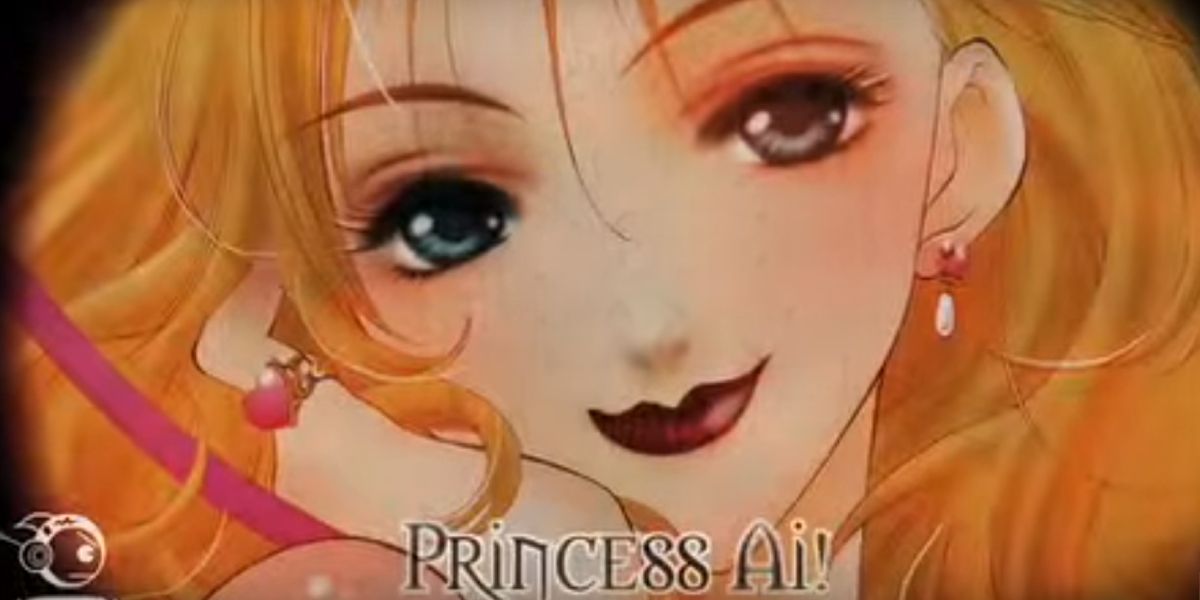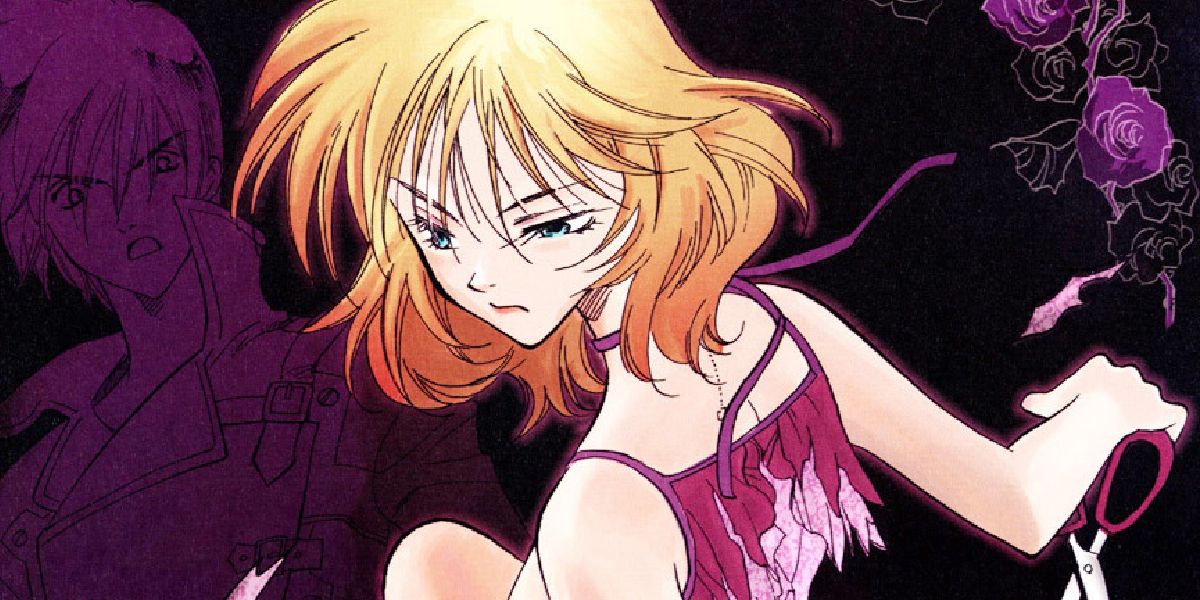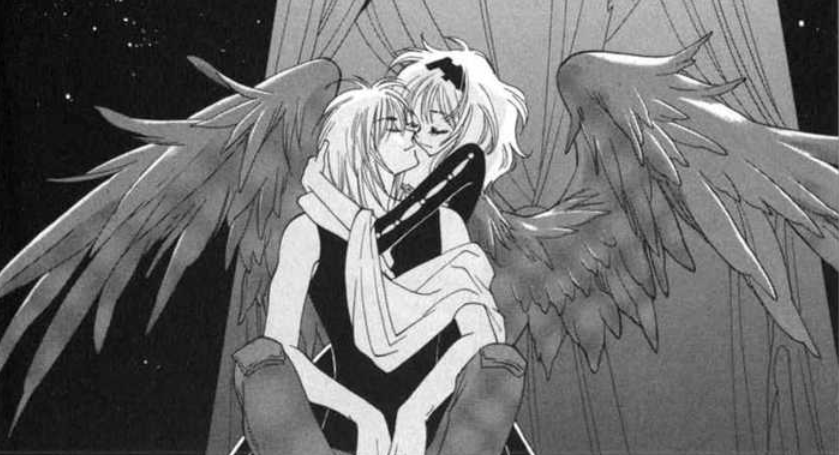There aren't many manga co-written by rock stars -- or the widows of rock stars. A decade known for its elaborate fashion and sensationalism, there was no better time than the 2000s for Courtney Love to co-write and publish a manga titled Princess Ai. Initially released in Shinshokan's Wings magazine and later published in three volumes in English by Tokyopop, Princess Ai is a unique spectacle from the turn of the century.
With a story written by Courtney Love and Stuart Levy, founder of Tokyopop, character designs from the marvelous Ai Yazawa, and illustrations from Misaho Kijuradou, the manga is a visual spectacle. However, many debate whether the series is actually worth reading.
The story begins when the mysterious and breathtaking Ai wakes up in the cold streets of modern day Tokyo. Ai can't remember who she is, or how she ended up in Tokyo. The only clue to her identity is a heart-shaped box she carries with her. She soon discovers she's actually the princess of Ai-land, a fantastical place in another world.
Moments after Ai wakes up, a pickpocket attacks her and attempts to steal her precious heart-shaped box. Thankfully, with the help of a young man named Kent, she manages to retrieve it. Ai instantly feels a connection with Kent, who she learns is a student and musician. Upon finding out that she needs money in order to survive, she decides to work in a club as a vocalist.
Before long, she becomes a star, and spreads her wings -- both metaphorically and literally. As Ai's music career begins to take off, she begins to regain her memories. What she doesn't realize, however, is that her enemies have followed her to Earth so that they can end her.
One of the most interesting aspects surrounding Princess Ai is the relationship between Ai and Kent. While Love sees Ai as her fantasy alter ego, fans speculate that Kent is based on her late husband, Kurt Cobain. Although there is no solid proof that this is the case, small hints -- such as the heart-shaped box, the similarity in their names, and their music careers -- make the fictional relationship much more interesting.
The most compelling aspect of the series is the distinct fashion sense that fans may recognize from Yazawa's other works, and Kijuradou's beautiful illustrations. In each volume, readers get the chance to observe an evolution in fashion. Readers can experience the distinct, classic shojo art style, a multitude of subplots, a sometimes overly complex story, and the glamour of an always perfect female protagonist.
Although Princess Ai might serve as an iconic look into early 2000's shojo aesthetics, today it fells like pure nostalgia. While it's far from a waste of time to pick up the series, dedicated fans of the shojo demographic may not consider it their first choice. However, the opportunity to experience Courtney Love's cartoonish, exaggerated writing and Ai Yazawa's distinctive character designs make Princess Ai worth it.



